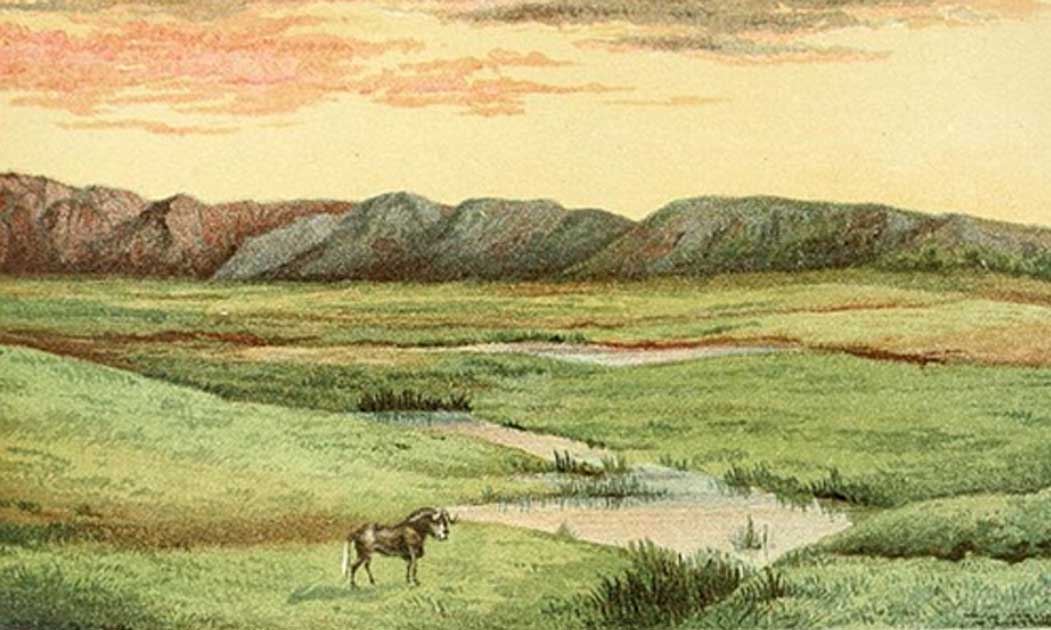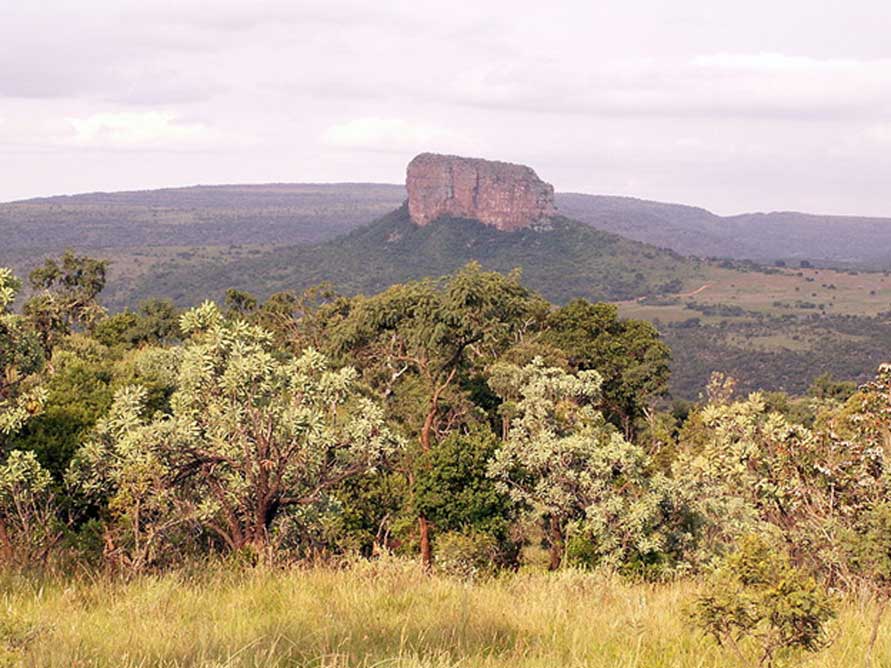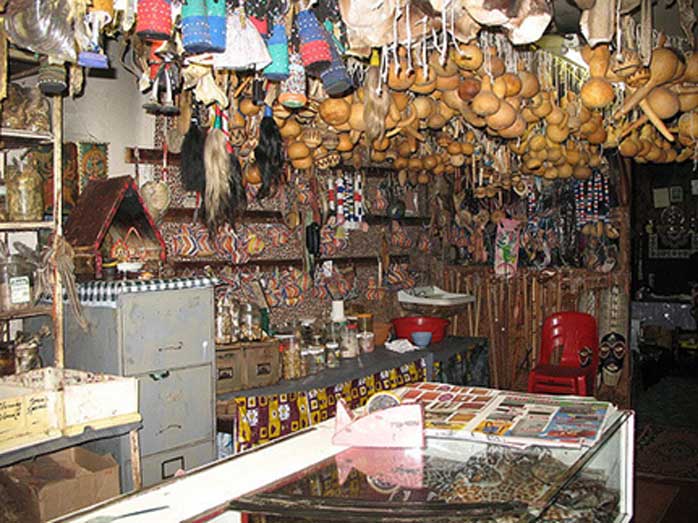
The Masebe Mountains in Africa Speak Their Ancient Names
Africa is a continent where its people are in spiritual communication with the soul of the land, as typically illustrated in the Masebe Nature Reserve in the Limpopo province of South Africa. Anthropologist, professor Chris Boonzaaier of the University of Pretoria, together with professor Harry Wels of the Vrije Universiteit van Amsterdam, explored how the inhabitants of an area enter into a dialogue with their natural surroundings, incorporating their legends, myths and their recollection of ancient memories. In the Masebe Nature Reserve, the indigenous names of the mountains reflect how people etched their cultural history onto their geographical landscape, much like metaphorical rock art.
A Landscape as Old as Time

Waterberg Landscape (CC BY-SA 2.0)
The sandstone mountains within the Masebe Nature Reserve, were sculptured 650 million years ago, and forms part of the Waterberg mountain range. Rain feeds the rivers’ life essence to the arid environment, dotted with pools that have acquired sacred status as dwellings of Mamogašwa, the legendary mythical Water Snake. Herds of antelope roam the African escarpment, but except for a few reclusive leopards in the mountains, no big game – elephant, lion, buffalo, rhino or hippopotami - are left in the reserve. Rock paintings are evidence that ancient humans shared this landscape with the animals for millennia. Evidence of hominid habitation dating back 3,3 million years have been found in caves in the greater Limpopo area.
The Masebe Nature Reserve comprises an area of 4451 hectares in the northern part of the Langa Ndebele chiefdom. The reserve has been incorporated into the larger Waterberg Biosphere Reserve, a UNESCO site, and is currently administered by the Bakenberg Traditional Council. The philosophy behind the incorporation was to integrate the conservation of natural resources in the Waterberg mountain range, with the economic development of the local villages.
The Masebe Nature Reserve is situated in the area of the Langa Ndebele. The Langa Ndebele forms part of the North Ndebele and should not be confused with the South Ndebele. The history of the South Ndebele people originated when Chief Musi in the 1600s decided to break away from his Hlubi tribe in KwaZululNatal. Musi trekked north and settled just north of the Magaliesberg in an area which forms part of present day Pretoria / Tshwane, capital of South Africa. The South Ndebele consists mainly of the Ndzundza and Manala tribes.
The Langa Ndebele who too resided with the Hlubi north of the Tugela river in KwaZuluNatal, also left their home and trekked via Swaziland to the north-eastern Transvaal. Eventually they settled at Thaba Tshweu (Witkop) south-east of Polokwane. They stayed here for four generations and then moved on to their current location in Limpopo Province. Two centuries ago the Langa chiefdom was divided into a northern and southern region among the two sons of Chief Masebe, who had committed suicide in 1890.
The southern and northern Ndebele groups were not only separated geographically, but also by differences in their languages and cultures. The North Ndebele of Limpopo province consists mainly of the Langa and the Seleka tribes.
There are seven surrounding villages around Masebe Nature Reserve; Moshuka, GaMathekga, Dipêrê, GaMonare, Rapadi, Senita and Magagamatala; but their residents’ lifestyles have been adversely affected by the fencing of the nature reserve. Fences prevent their cattle from free range grazing, it excludes women from collecting firewood and traditional healers no longer have unimpeded access to medicinal plants. Fences also deny the villagers access to the grave sites of their ancestors, where important rituals and sacrifices have to be conducted to keep the conduit between the living and the dead open. The community has been marginalized from its traditional and cultural roots by fences.






